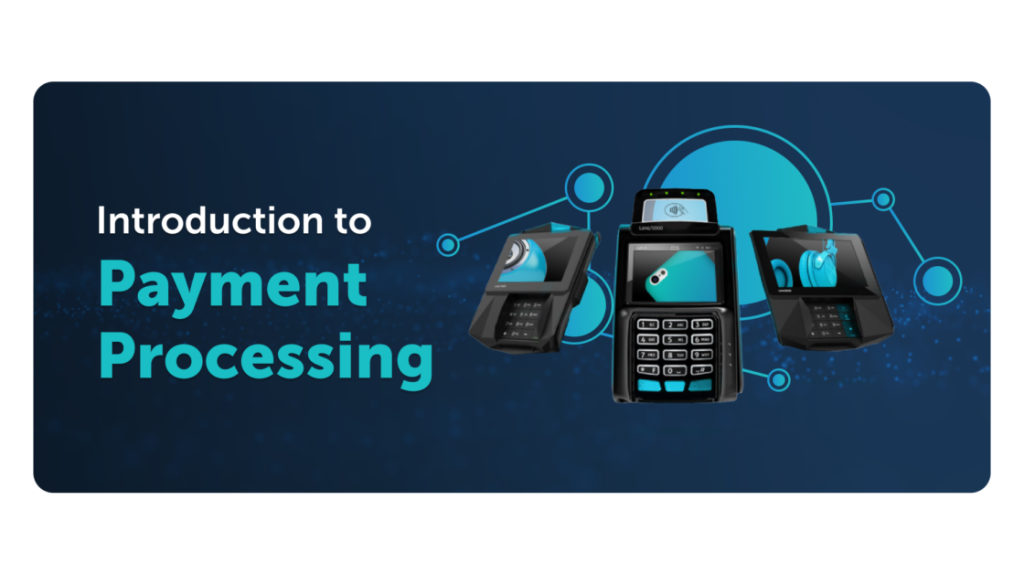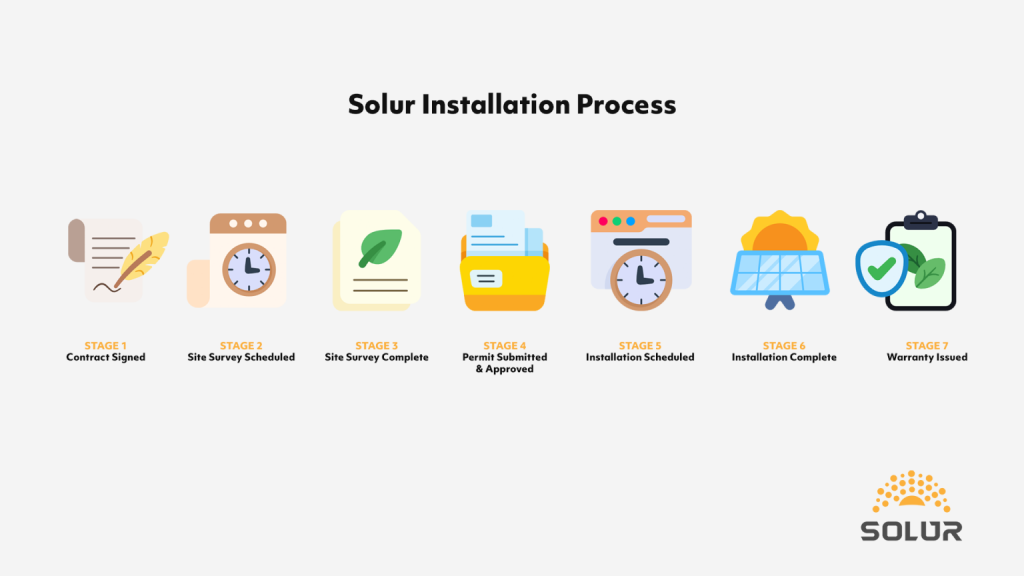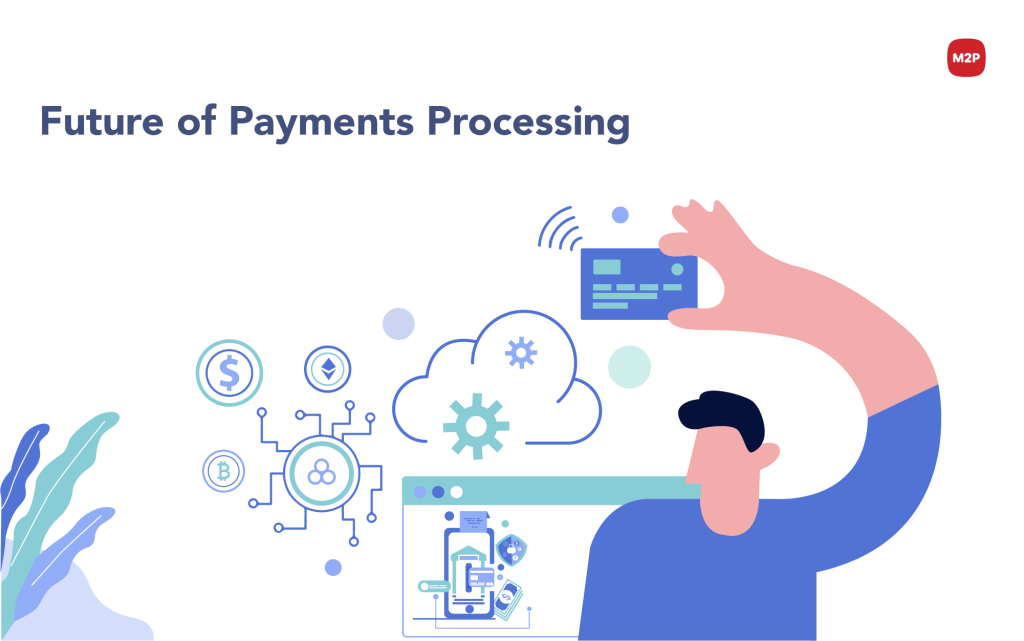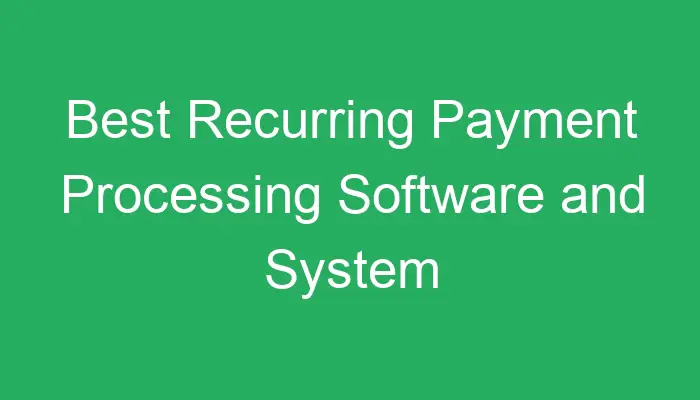Author : AYAKA SHAIKH
DATE: 05/03/2024
Payment Processor Software Installations In India
Payment processing has become an integral part of businesses in India, especially with the surge in online transactions. As more and more consumers opt for digital payment methods, the need for efficient and secure payment processor software has escalated. In this article, we will delve into the intricacies of payment processor software installations in India, exploring key features, popular options, installation processes, integration capabilities, benefits, challenges, and future trends.
Introduction to Payment Processor Software
Payment processor software facilitates the seamless transfer of funds from customers to merchants securely and efficiently. It acts as a bridge between various financial institutions, ensuring that transactions are processed swiftly and accurately. In India, where the digital payment landscape is rapidly evolving, robust payment processor software is essential for businesses to stay competitive and meet customer demands. Payment Processor Software Installations in India.
Key Features of Payment Processor Software

Security measures: Payment processor software employs advanced encryption techniques to safeguard sensitive financial information, protecting both merchants and customers from fraudulent activities.
Integration capabilities: It seamlessly integrates with various e-commerce platforms, accounting software, and customer relationship management (CRM) systems, providing a unified payment solution for businesses.
Reporting and analytics tools: Payment processor software offers comprehensive reporting and analytics features, allowing merchants to gain valuable insights into their sales performance, customer behavior, and revenue trends.
Popular Payment Processor Software in India
PayPal
PayPal is one of the most widely used payment processor[1] software programs globally, offering secure payment solutions for businesses of all sizes. With its user-friendly interface and robust security features, PayPal has gained popularity among Indian merchants.
PayU
PayU is a leading payment gateway provider in India[2], offering a wide range of payment solutions tailored to the needs of Indian businesses. It supports multiple payment methods, including credit and debit cards, net banking, and digital wallets, making it an ideal choice for e-commerce merchants.
Razorpay
Razorpay is a popular payment gateway in India known for its simplicity and ease of use. It offers seamless integration with e-commerce platforms and provides advanced features such as international payments and subscription billing.
Instamojo
Instamojo is a payment gateway and merchant services[3] provider that caters to small and medium-sized businesses in India. It offers a wide range of payment options, including credit and debit cards, UPIs, and digital wallets, making it a preferred choice for startups and freelancers.
Installation Process

Installing payment processor software involves several steps, starting from verifying system requirements to configuring payment settings[4]. Here is a step-by-step guide to installing payment processor software: Verify system requirements: Ensure that your system meets the minimum requirements specified by the software vendor, including operating system compatibility and hardware specifications. Download the software: Download the latest version of the payment processor software from the official website or trusted sources. Install the software on your screen, which will guide you through the seamless installation of the software[5] on your system.
Configure settings: Once the software is installed, configure payment settings such as currency preferences, payment methods, and security options. Test transactions: Conduct test transactions to ensure that the payment processor software is functioning correctly and integrates seamlessly with your e-commerce platform.
Integration with E-commerce Platforms
Payment processor software seamlessly integrates with popular e-commerce platforms, enabling merchants to accept payments directly on their websites. Some of the most commonly integrated e-commerce platforms include:
- WooCommerce: WooCommerce is a popular e-commerce plugin for WordPress websites, offering seamless integration with various payment processor software.
- Shopify: Shopify is a leading e-commerce platform that provides built-in support for multiple payment gateways, including PayPal, PayU, and Razorpay.
- payment processor software, allowing merchants to customize their payment workflows to suit their business needs.
Benefits of Using Payment Processor Software
Using payment processor software offers several benefits for businesses, including:
Streamlined payment process: Payment processor software automates the payment process, reducing manual intervention and saving time for merchants.
Enhanced security is a hallmark of payment processor software, as it utilizes state-of-the-art measures like encryption and tokenization to safeguard sensitive financial data from unauthorized access and fraudulent activities, exemplifying its commitment to protecting user information in an increasingly digital world.

Challenges and Solutions
- The latest security patches and updates can help mitigate technical issues and ensure smooth operation.
- Compliance with regulations: Adhering to regulatory requirements such as the Payment Card Industry Data Security Standard (PCI DSS) and the Reserve Bank of India (RBI) guidelines can help businesses avoid penalties and ensure data security.
Cost Analysis
Before implementing payment processor software, it is essential to consider the cost implications. While some payment processor software providers offer free plans with basic features, others may charge a monthly subscription fee or transaction fee. Additionally, there may be hidden costs such as setup fees, transaction fees, and currency conversion fees. It is crucial to carefully analyze the pricing structure and choose a plan that aligns with your business requirements and budget.
Tips for Successful Implementation
To ensure a successful implementation of payment processor software, consider the following tips:
- software effectively, including processing payments, generating reports, and troubleshooting common issues.
- Regular updates and maintenance: Schedule regular updates and maintenance checks to keep the payment processor software running smoothly and prevent downtime or security vulnerabilities.

Future Trends in Payment Processing
The future of payment processing in India looks promising, with emerging trends such as:
- Payments are expected to become increasingly popular among Indian consumers.
- Blockchain technology: Blockchain technology has the potential to revolutionize payment processing by offering enhanced security, transparency, and efficiency. It is expected to play a significant role in shaping the future of payments in India.
Conclusion
In conclusion, payment processor software plays a crucial role in facilitating secure and efficient transactions for businesses in India. By choosing the right payment processor software and implementing it effectively, businesses can streamline their payment process, enhance security, and boost sales. However, it is essential to carefully consider factors such as integration capabilities, cost, and regulatory compliance before making a decision.
FAQs
- What is payment processor software? Payment processor software facilitates the transfer of funds from customers to merchants securely and efficiently, typically through online transactions.
- Which payment processor software is best for small businesses in India? Instamojo and Razorpay are popular choices for small businesses in India due to their affordability and ease of use.
- What are the key features to look for in payment processor software? Key features to look for include security measures, integration capabilities, reporting and analytics tools, and support for multiple payment methods.
- How much does payment processor software cost? The cost of payment processor software varies depending on the provider and the features included. Some providers offer free plans with basic features, while others charge a monthly subscription fee or transaction fee.
- What are the future trends in payment processing? Future trends in payment processing include the rise of mobile payments, the adoption of blockchain technology, and the continued emphasis on security and compliance.

